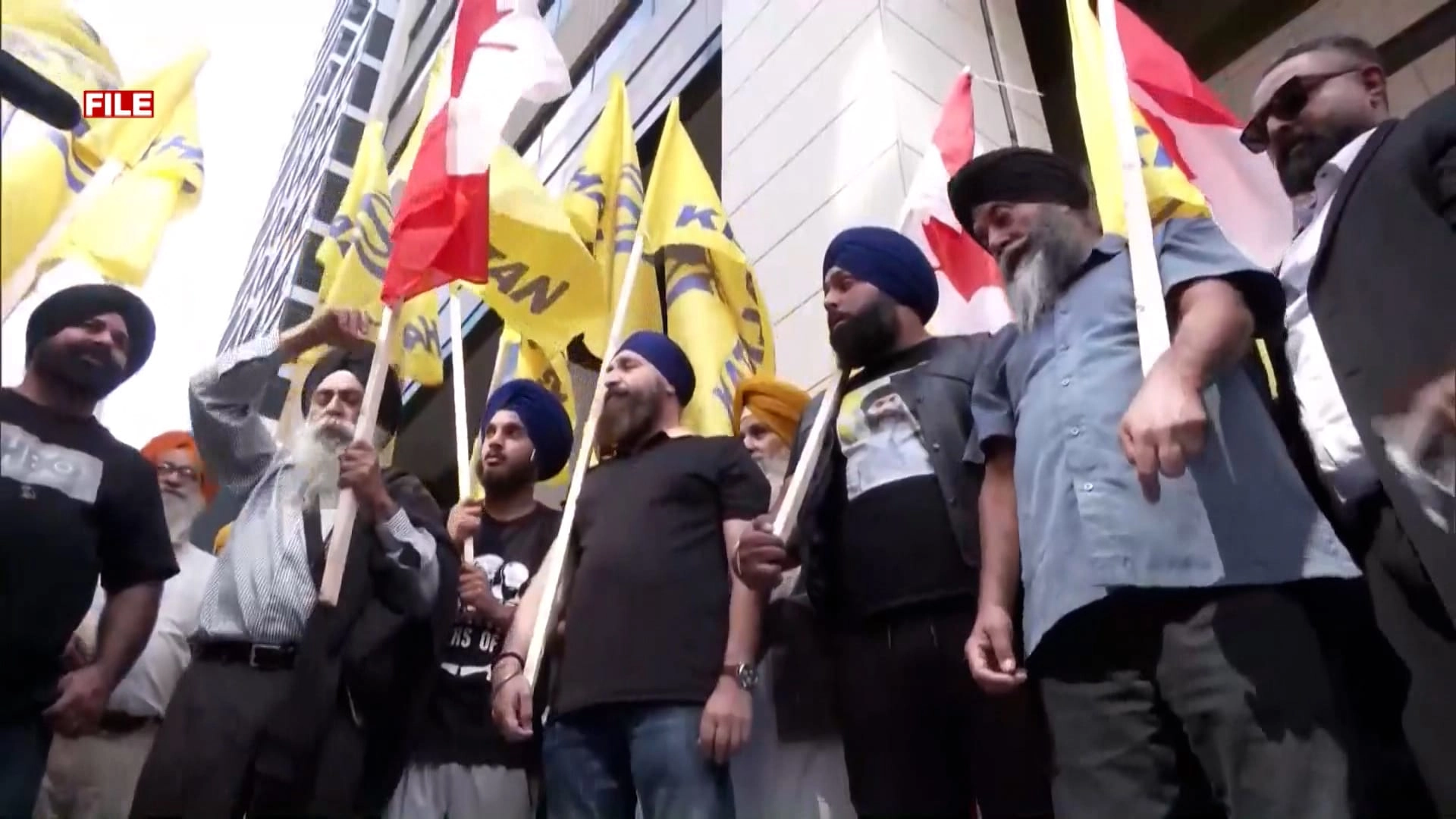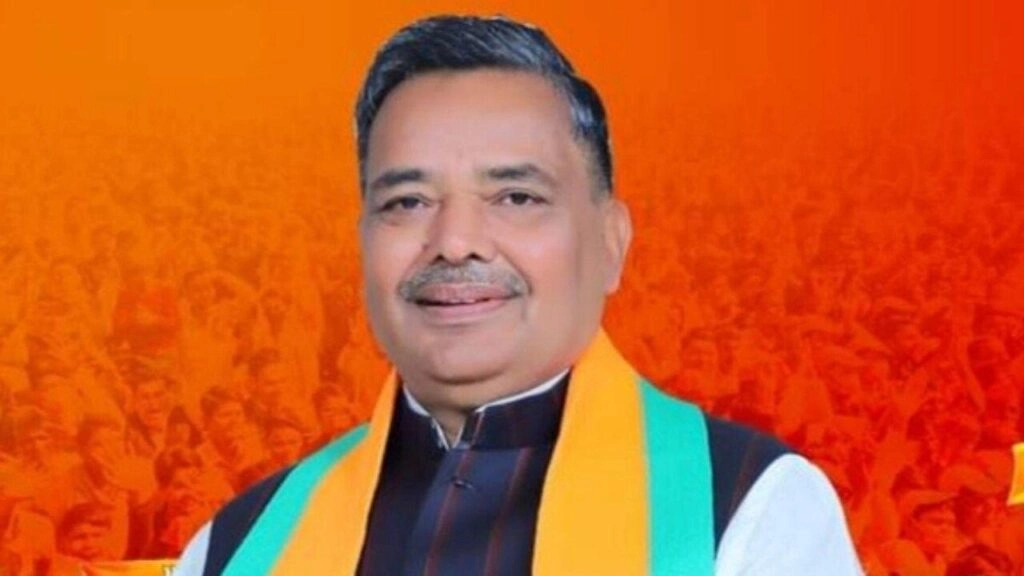In a significant development, a Khalistani outfit has announced plans to stage a siege on the Indian Consulate located in Vancouver. This announcement has raised concerns about the potential for heightened tensions between the Indian government and pro-Khalistani groups, who advocate for an independent Sikh state in India. The decision to target the consulate reflects ongoing sentiments among certain segments of the Sikh diaspora, particularly in Canada, where the Khalistani movement has gained traction over the years.
The Vancouver consulate, as a diplomatic mission, serves as a critical point of representation for India in Canada. Any act of aggression or disruption against it could not only escalate diplomatic tensions but also lead to security concerns for Indian diplomats and staff. The announcement by the Khalistani outfit underscores the complexities surrounding the issue of Sikh identity and autonomy, which continues to resonate within certain communities abroad. Proponents of Khalistan argue that their cause is rooted in historical grievances and a desire for self-determination, while opponents view it as a movement that undermines the unity and sovereignty of India.
In anticipation of the planned siege, Indian authorities are likely to bolster security measures at the consulate and in surrounding areas to ensure the safety of personnel and prevent potential violence. The Canadian government, which has been criticized for its handling of pro-Khalistani activities, may also face pressure to take a firmer stance on such demonstrations. The situation reflects broader geopolitical dynamics, with various nations navigating the complex interplay of diaspora politics, national sovereignty, and community relations.
As the date of the announced siege approaches, the global community is watching closely, aware that such events could have far-reaching implications not only for India-Canada relations but also for the larger discourse surrounding nationalism and identity in the international arena. The clash between advocates of Khalistani independence and the Indian government highlights the ongoing struggle over historical narratives and the aspirations of marginalized communities, making it a pivotal moment in understanding the future of Sikh political movements worldwide.




